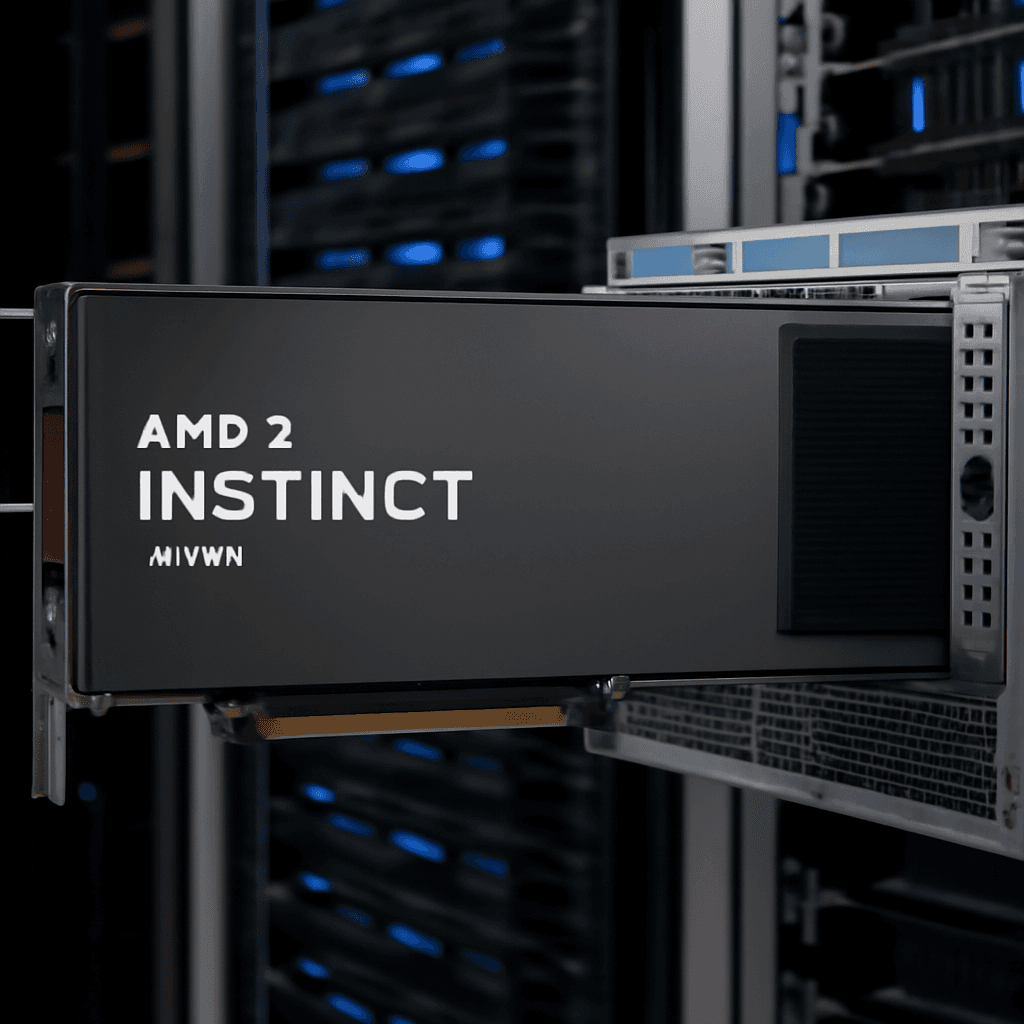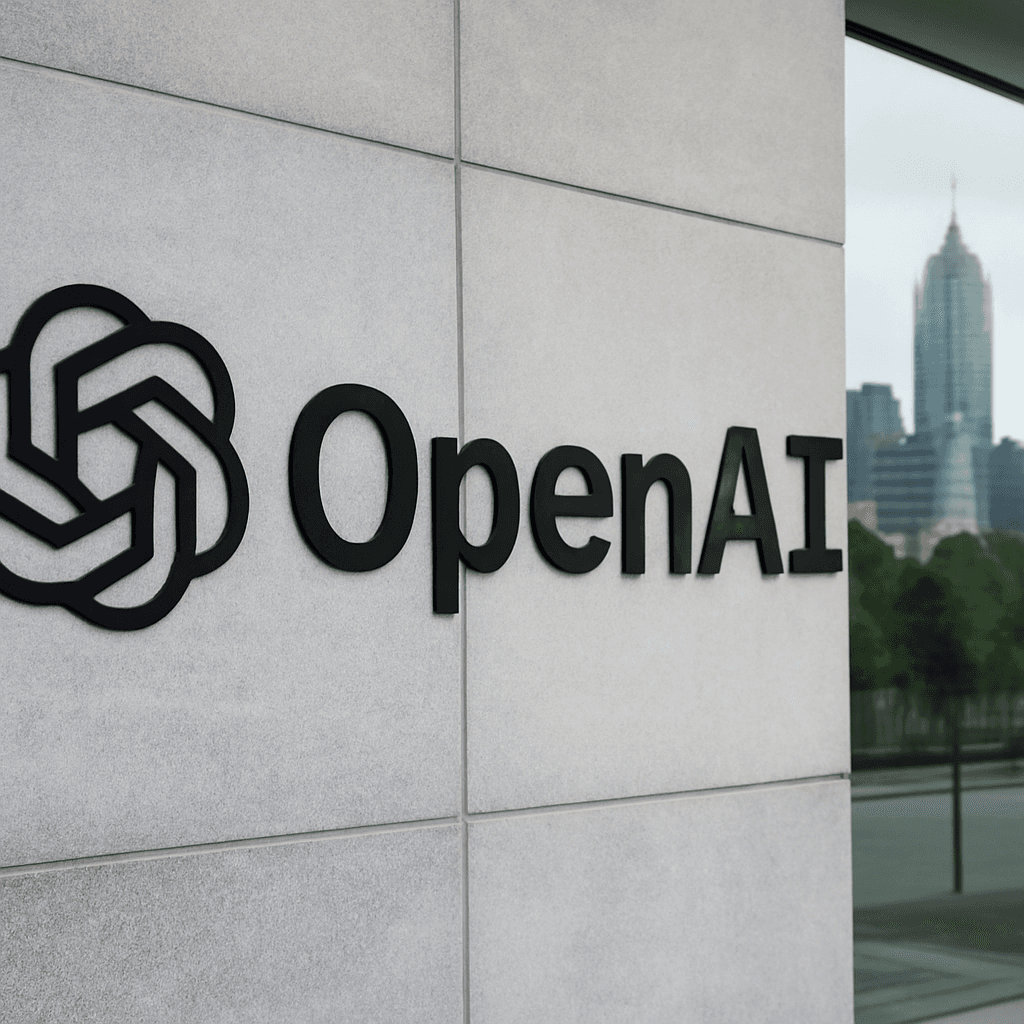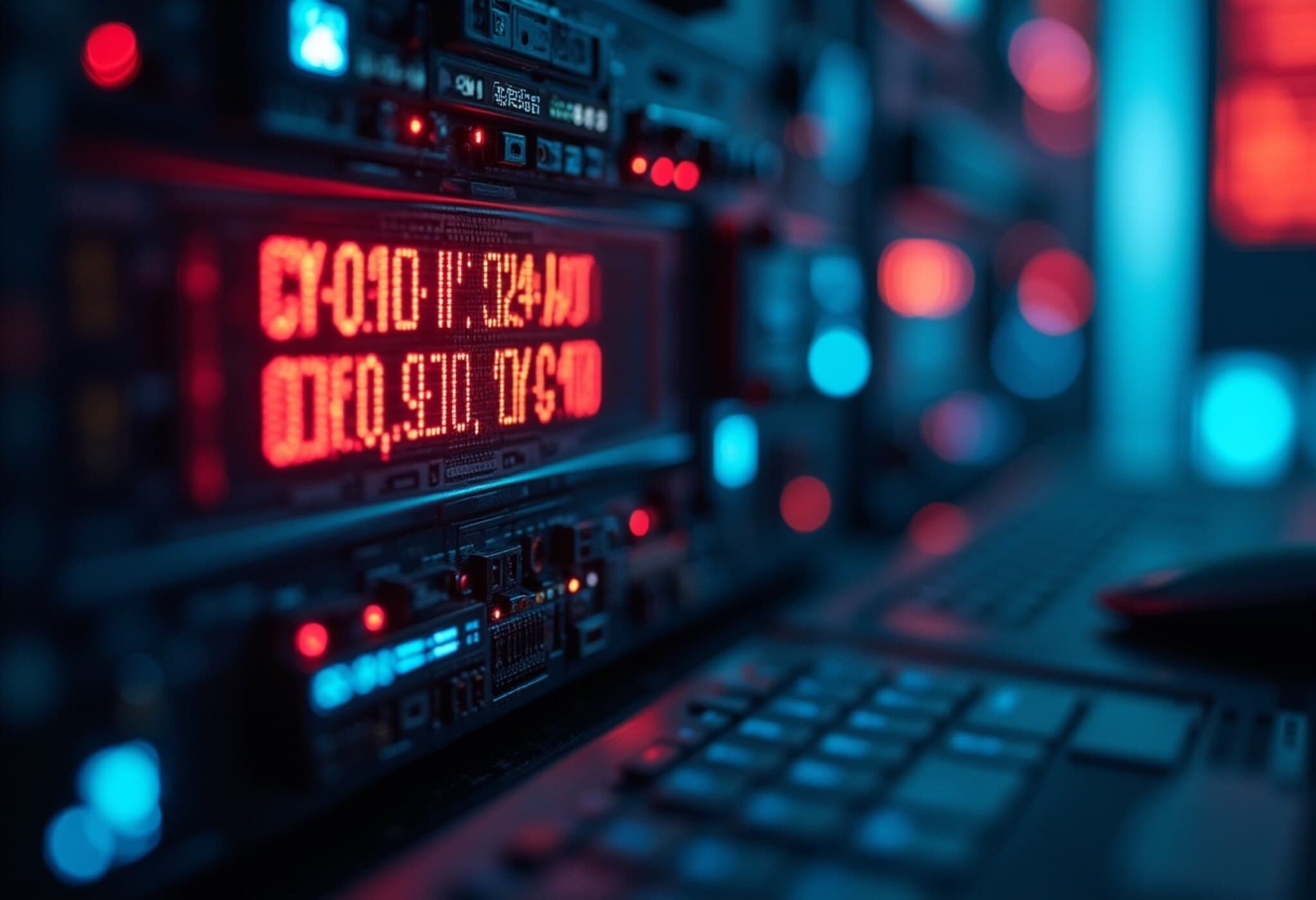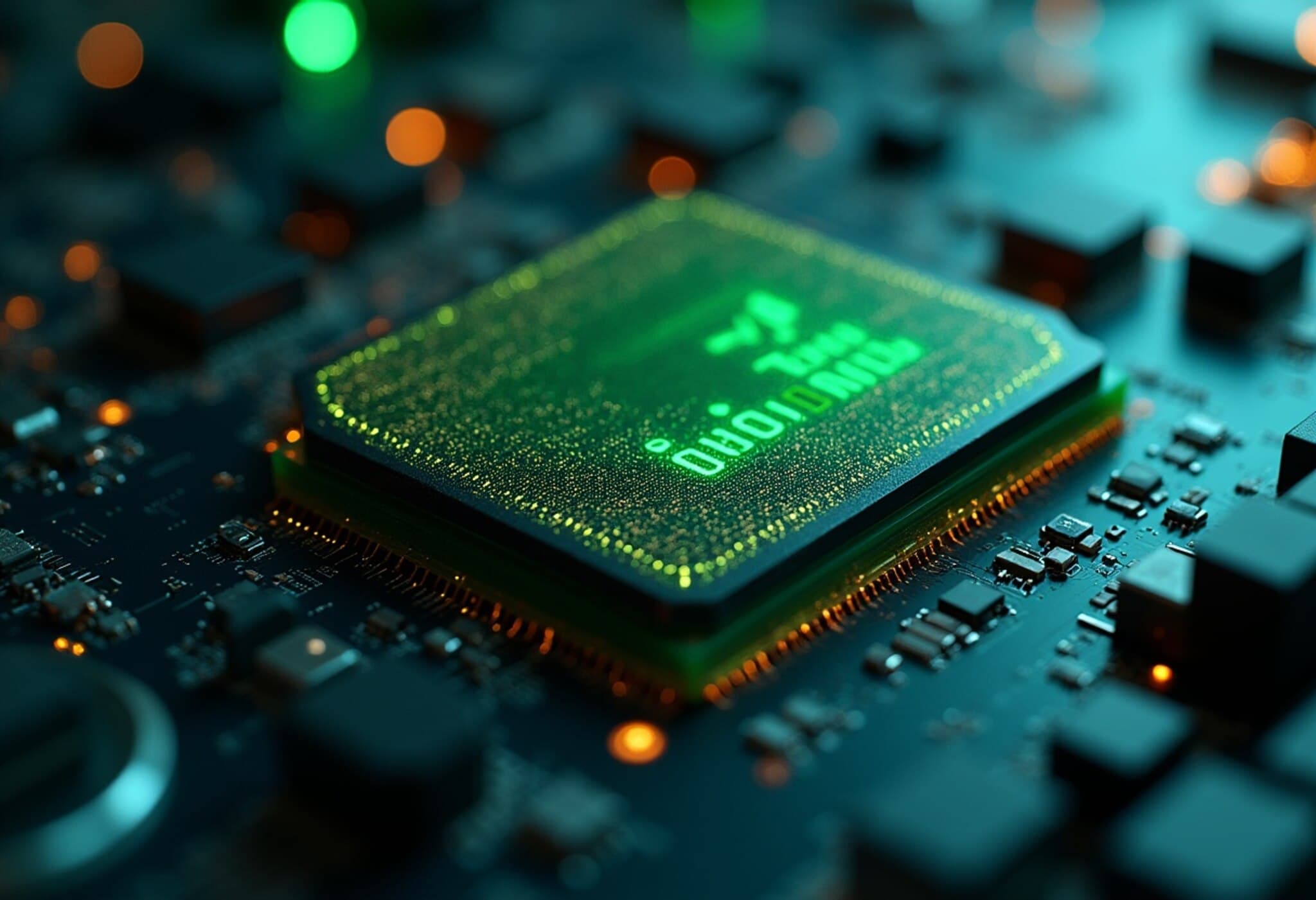AMD Launches Next-Generation AI Chips with OpenAI's Backing
AMD has revealed its upcoming Instinct MI400 series AI chips, scheduled for release next year, marking a significant step in its AI hardware ambitions. The announcement took place at an event in San Jose, California, where AMD CEO Lisa Su detailed the chips’ innovative features, including their ability to be integrated into a "rack-scale" system designed for hyperscale AI deployments.
Revolutionizing AI Infrastructure with Helios Rack-Scale System
The new MI400 chips can be assembled into AMD’s Helios server racks, enabling thousands of GPUs to work cohesively as a single system. This design supports large-scale AI workloads that require vast computational power across extensive data centers.
"For the first time, we architected every part of the rack as a unified system," Su explained during the launch. This architecture is crucial for cloud providers and AI developers building massive AI model clusters.
OpenAI Commits to AMD Hardware
OpenAI CEO Sam Altman appeared alongside Su to express enthusiasm about the partnership. Altman said, "When you first started telling me about the specs, I was like, there's no way, that just sounds totally crazy. It's gonna be an amazing thing." OpenAI plans to utilize AMD’s MI400 chips in its AI infrastructure.
Challenging Nvidia’s Dominance
AMD’s new rack-scale strategy directly competes with Nvidia’s Blackwell chips, which currently dominate the data center GPU market and include configurations with up to 72 GPUs bonded together.
OpenAI, traditionally a major Nvidia customer, has provided input on AMD’s MI400 development roadmap, signaling a shift in the AI hardware landscape. AMD aims to undercut Nvidia by offering chips with aggressive pricing and improved power efficiency.
According to AMD executives, the MI400 series promises significant cost savings due to lower power consumption and competitive acquisition costs, making it a compelling alternative for AI cloud operators.
Advances in AI Performance and Software Compatibility
AMD highlighted the performance of its MI355X chips, which are already shipping and claimed to outperform Nvidia’s comparable Blackwell GPUs despite Nvidia’s proprietary CUDA software advantage. Su emphasized that advancements in open software frameworks have enabled AMD’s hardware to compete effectively in AI workloads.
Currently, AMD’s MI355X packs seven times the computing power of its predecessor and can handle larger AI models due to increased high-speed memory capacity, giving it an edge particularly for inference tasks—critical for running AI applications in real-time.
Broad Adoption and Market Outlook
AMD’s Instinct chips have attracted major AI customers, including OpenAI, Microsoft, and Cohere. Oracle has plans to deploy clusters hosting over 131,000 MI355X GPUs.
While AMD’s AI chip business is still smaller compared to Nvidia's dominant position—currently accounting for over 90% market share—AMD expects the AI chip market to skyrocket beyond $500 billion by 2028, and sees strong opportunities for growth.
Building an Ecosystem: From Hardware to Full-Stack AI Solutions
Beyond chips, AMD is investing heavily in the AI ecosystem, acquiring or partnering with over 25 AI-focused companies in the past year to develop comprehensive rack-scale AI solutions. This includes technologies like networking and server integration needed to enable complex AI clusters.
AMD’s Helios racks employ open-source networking technology called UALink, positioning them in contrast to Nvidia’s proprietary NVLink, potentially offering greater flexibility for customers.
Looking Ahead in a Fiercely Competitive Market
As hyperscale cloud providers and governments invest billions into AI infrastructure, competition between AMD and Nvidia intensifies. Both companies are now committed to annual AI chip releases, underscoring the critical role cutting-edge hardware plays in the AI revolution.
With its next-generation MI400 series and a growing slate of AI partnerships, AMD aims to carve out a more substantial position in the lucrative AI chip market by offering high performance, energy efficiency, and cost-effective solutions.
Summary
- AMD unveils Instinct MI400 AI chips with rack-scale capabilities for hyperscale AI deployments.
- OpenAI CEO Sam Altman endorses AMD hardware, signaling a shift in AI infrastructure partnerships.
- AMD targets Nvidia with aggressive pricing and lower power consumption.
- MI355X chip offers seven times previous generation performance and excels at AI inference.
- Major tech companies like Oracle and Microsoft are incorporating AMD’s AI chips into their data centers.



















